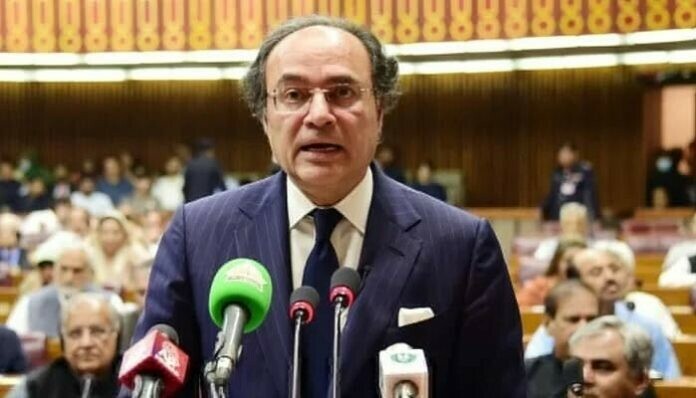Pakistan is entering a defining stage of economic transformation underpinned by structural reforms and an export-oriented growth model, Finance Minister Muhammad Aurangzeb said in an interview with CNBC on the sidelines of the 2025 World Bank Group–IMF Annual Meetings in Washington DC.
Aurangzeb emphasized that the government’s focus is on ensuring macroeconomic stability while pursuing deep-rooted reforms in taxation, energy, state-owned enterprise restructuring, and public finance. “Macroeconomic stability and structural reforms must go hand in hand,” he said, noting that the reform drive aims to balance fiscal discipline with long-term economic competitiveness.
Discussing Pakistan’s policy trajectory, the finance minister said the government is determined to break away from the historical boom-and-bust cycle by shifting from an import-driven to an export-led growth model. He highlighted that an ambitious tariff rationalization regime has been introduced to lower input costs, enhance industrial competitiveness, and strengthen the export sector.
“While every country follows its own policy imperatives, Pakistan’s focus is on fostering competitiveness rather than protectionism,” Aurangzeb said. “We cannot continue to shield industries indefinitely — our priority is to enable industries to compete, grow, and export.”
Reflecting on the past year’s progress, he underlined improvements across key macroeconomic indicators including currency stability, foreign exchange reserves, inflation, and policy rate alignment. The recent upgrades by all three major global rating agencies, he added, validate Pakistan’s economic trajectory and reform agenda.
Aurangzeb also reaffirmed Pakistan’s commitment to its ongoing International Monetary Fund (IMF) engagement and acknowledged the strong partnership with the United States as well as the World Bank Group’s continued support for Pakistan’s reform efforts.
Drawing a broader perspective, the finance minister said Pakistan’s reform momentum and economic liberalization could pave the way for an “East Asia moment” — a period of export-driven expansion inspired by high-growth Asian economies such as Singapore.
He concluded by reiterating that Pakistan remains committed to sustaining reforms, strengthening economic resilience, and steering the country toward a sustainable, outward-looking growth path.




